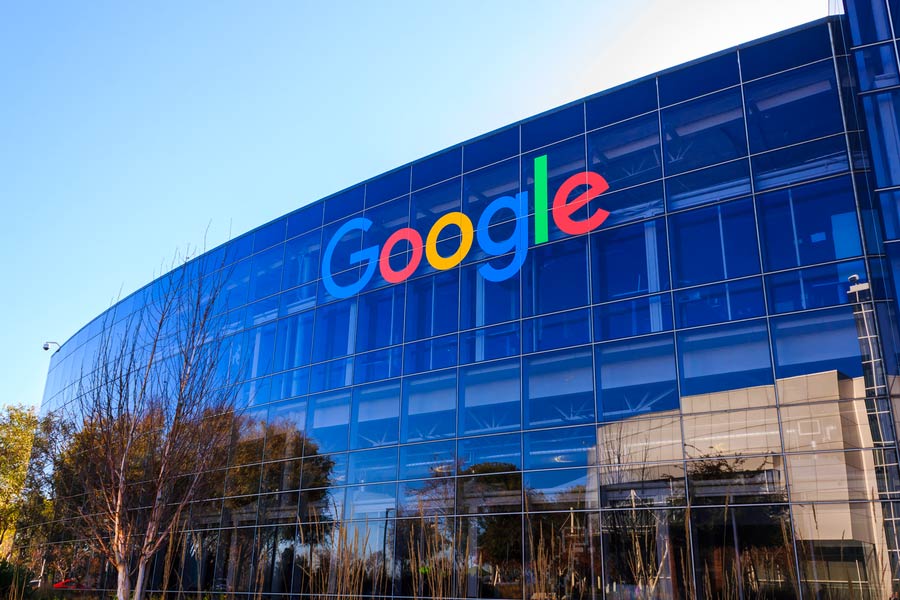The U.S. Department of Justice is expected to outline on Tuesday what kind of actions Alphabet's Google could be ordered to take to restore competition in online search, potentially including a breakup of the Big Tech company.
After a federal court in August ruled Google controls an illegal monopoly in online search, smaller rivals want the court to force Google to spin off its Chrome browser, or at least prohibit it from continuing to pay billions of dollars to make its search engine the default on devices such as Apple's iPhone.
The broad DOJ proposals are the next step in a landmark case that has the potential to reshape how Americans find information on the internet after a judge found Google, which processes 90% of U.S. internet searches, had built an illegal monopoly.
U.S. District Judge Amit Mehta's ruling in Washington was a major win for antitrust enforcers who have brought an ambitious set of cases against Big Tech companies over the past four years.
Google has said it plans to appeal, and that its search engine has won users through its quality. Google said it faces robust competition from Amazon and other sites where users go directly to search for goods or services, and that users can choose other search engines as their default.
Some companies that compete with Google have called for a breakup.
Reviews site Yelp, which sued Google over search in August, says spinning off Google's Chrome browser and AI services should be on the table. Yelp also wants Google to be prohibited from giving preference to its own local business pages, which compete with Yelp, in search results.
Adam Epstein, president and co-CEO of search ad company adMarketplace, said the threat of ordering Google to sell off parts of its business could be used as a way to enforce less drastic remedies.
"Google is not going to have the incentive to comply unless they have the Damocles' sword of divestiture hanging above them," he said.
Rival search engine company DuckDuckGo has called for the court to require Google to license its search results to competitors who could then build and improve their own products. Microsoft, which operates rival search engine Bing, and Apple, which receives billions of dollars annually from Google, declined to comment.











